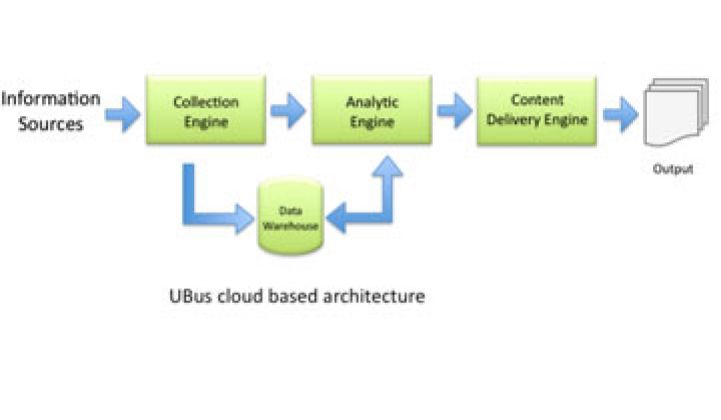At first glance, Urjanet sounds a lot like zillions of other energy management software firms. The Atlanta, Ga.-based company, which recently closed $4 million in a Series B financing round, throws around phrases similar to other companies, talking about data and managing energy use, carbon footprints and evaluating investments in renewables.
The similarities end there, however. Urjanet is not in the business of providing analytics platforms to help large corporations manage their energy use across portfolios. Instead, Urjanet only provides the data as a service.
Urjanet is connected to about 600 utilities and counting, a figure that Sanjoy Malik, the company’s CEO, expects to double in the next year. By bringing in utility data in a single format directly into other software, such as sustainability accounting programs or energy management platforms, companies are able to make more informed decisions.
"Since our launch in 2010, the concept and complexity of measuring, managing and understanding data related to energy and resource use has become important for businesses as a way to manage cost and carbon emissions. Many companies, especially those with multiple locations across the country, are largely blind to their total energy use and costs because of the multitude of sources that provide that information in a huge variety of formats," said Malik.
The obvious question is, aren’t energy consultants and energy directors already getting this information? Well, only kind of, argues Malik. Getting the data can be time-consuming, and sometimes corporations are not pulling in all of the data streams they need for the best decision-making.
As utilities have tread deeper into the world of IT, more granular data has become more available and sophisticated customers expect to have that at their fingertips.
“Expectations have changed pretty dramatically because of all the interval metering,” said Malik. “This also means their customers have an expectation to manage energy on a more granular basis.”
Cox Enterprises, which spends about $100 million annually on natural gas and electricity, is just the sort of customer that Urjanet is targeting. The company, which has revenues of almost $15 billion, operates across 190 utility providers. Cox already had an in-house energy dashboard, but it needed a central feed for all of the data.
The company used the data to eliminate assets that they were paying for but no longer using and moving some of its 30,000 utility accounts to alternate rates that saved money for customers. Cox also cut down on consulting fees for carbon accounting by starting out with more dependable data.
Quality data has become more of a calling card for companies that are looking to serve energy managers with large portfolios or utilities that are looking to do more with the data coming off of smart meters. For sophisticated consumers, like Fortune 500 companies, a colorful dashboard just isn’t enough.
For corporations that are already working with outside energy analytics platforms, from companies such as SAP (NYSE: SAP), IBM (NYSE: IBM), Johnson Controls (NYSE: JCI), Honeywell (NYSE: HON), Oracle (Nasdaq: ORCL) or others, Malik said Urjanet’s data stream can plug into all of those products to offer a seamless solution. “There are a lot of application service providers that can give you good guidelines for managing your energy spend,” he noted. “But you still need good data.”
Urjanet’s secret sauce is its ability to cull data from utilities of any size and anywhere along the IT sophistication spectrum and incorporate that into its system without losing any important information. “How do you maintain detail without having chaos?” asked Malik. “Our goal is that we’re providing that in a single stream.”
Utility data is just one piece of the solution, and Urjanet can also pull in weather information, ISO market data and other pieces that inform energy procurement services and energy management decisions. The software-as-a-service is priced as a subscription model, with prices increasing depending on the volume of data.
The latest round of funding will allow Urjanet to expand not only in North America, but also into Europe and Australia. New investor Grotech Ventures led the series B, with other financing coming from existing investors GRA Venture Fund, LLC and Imlay Investments.



